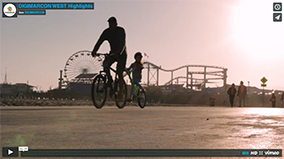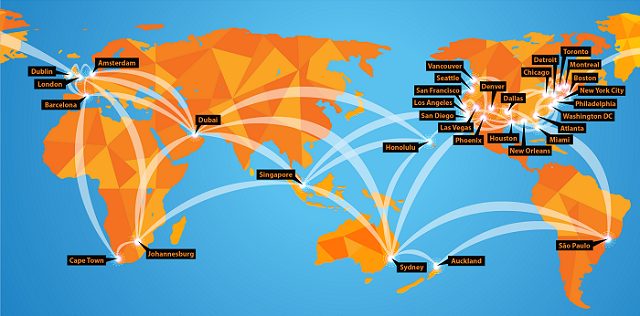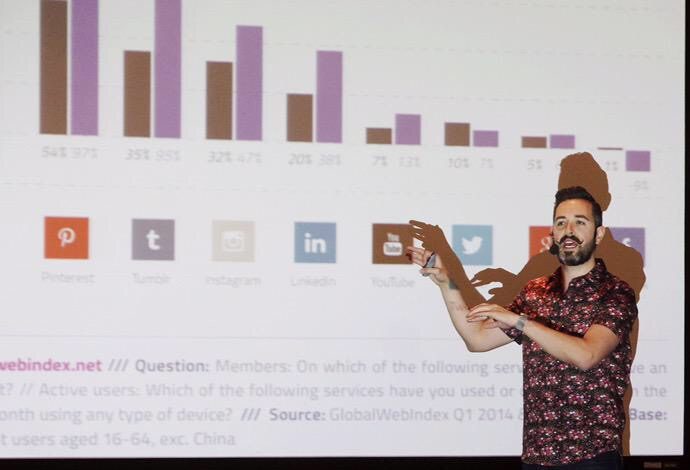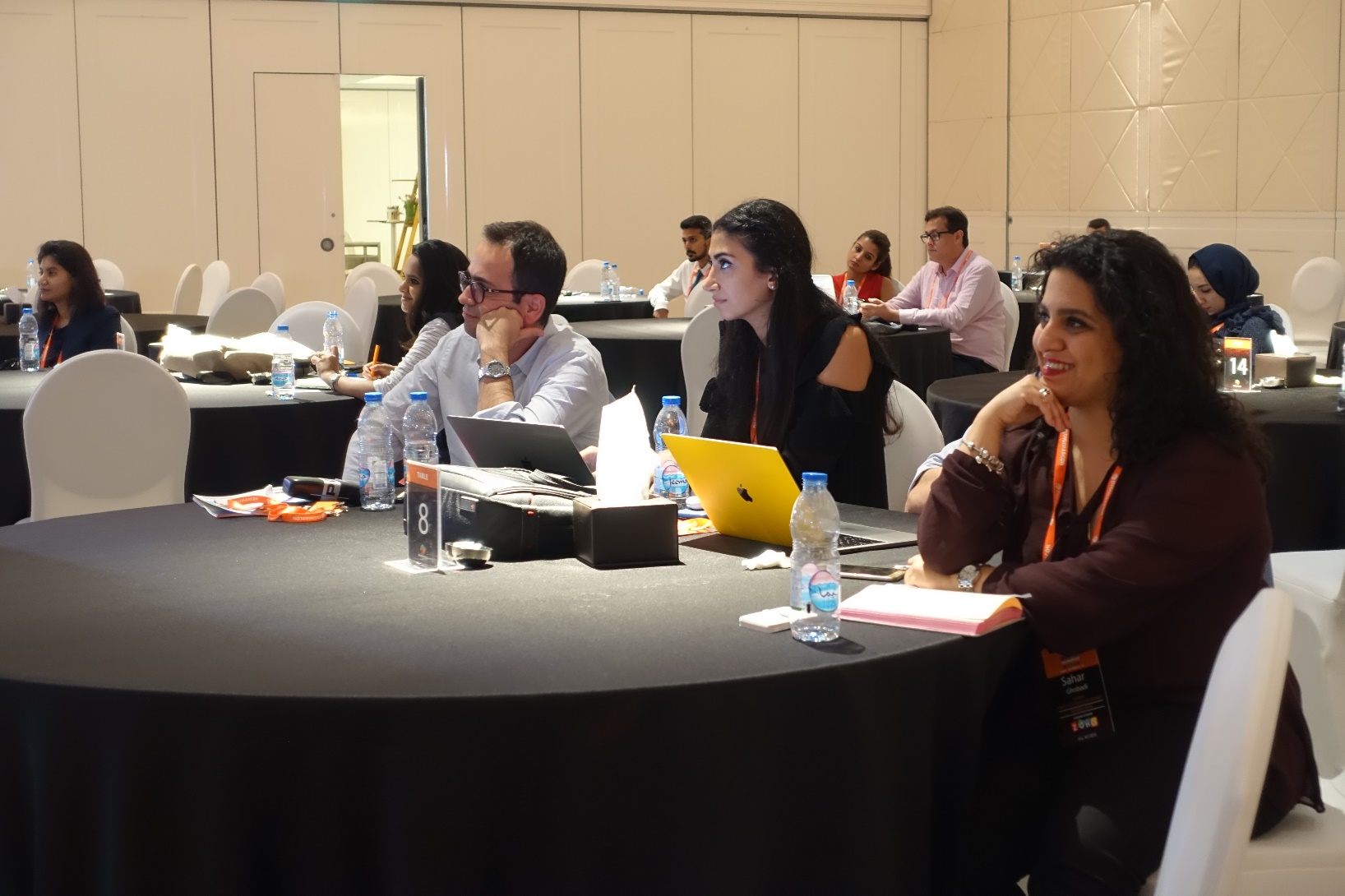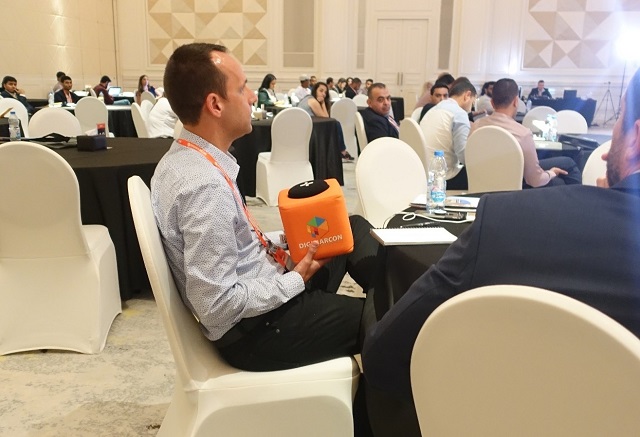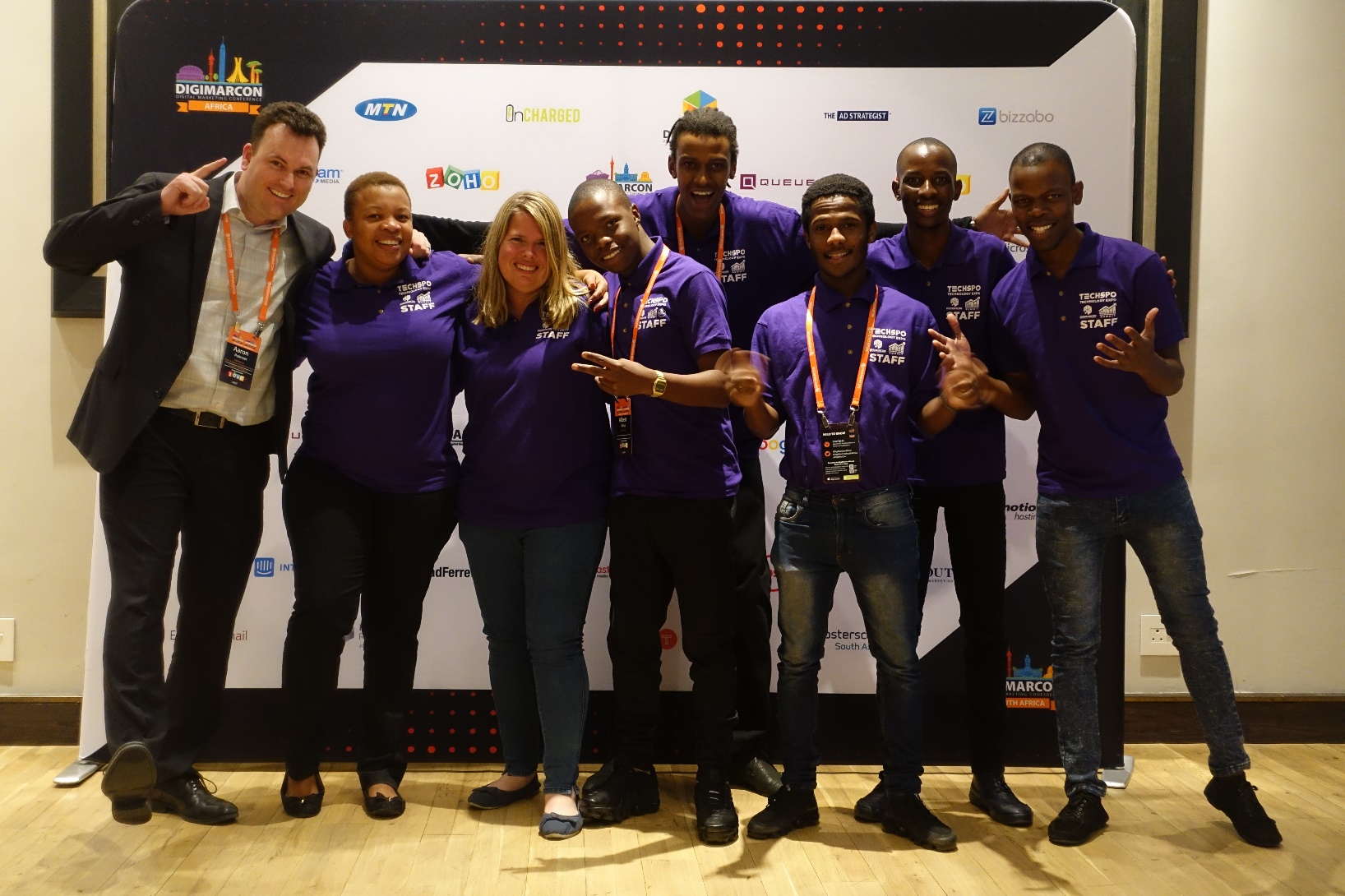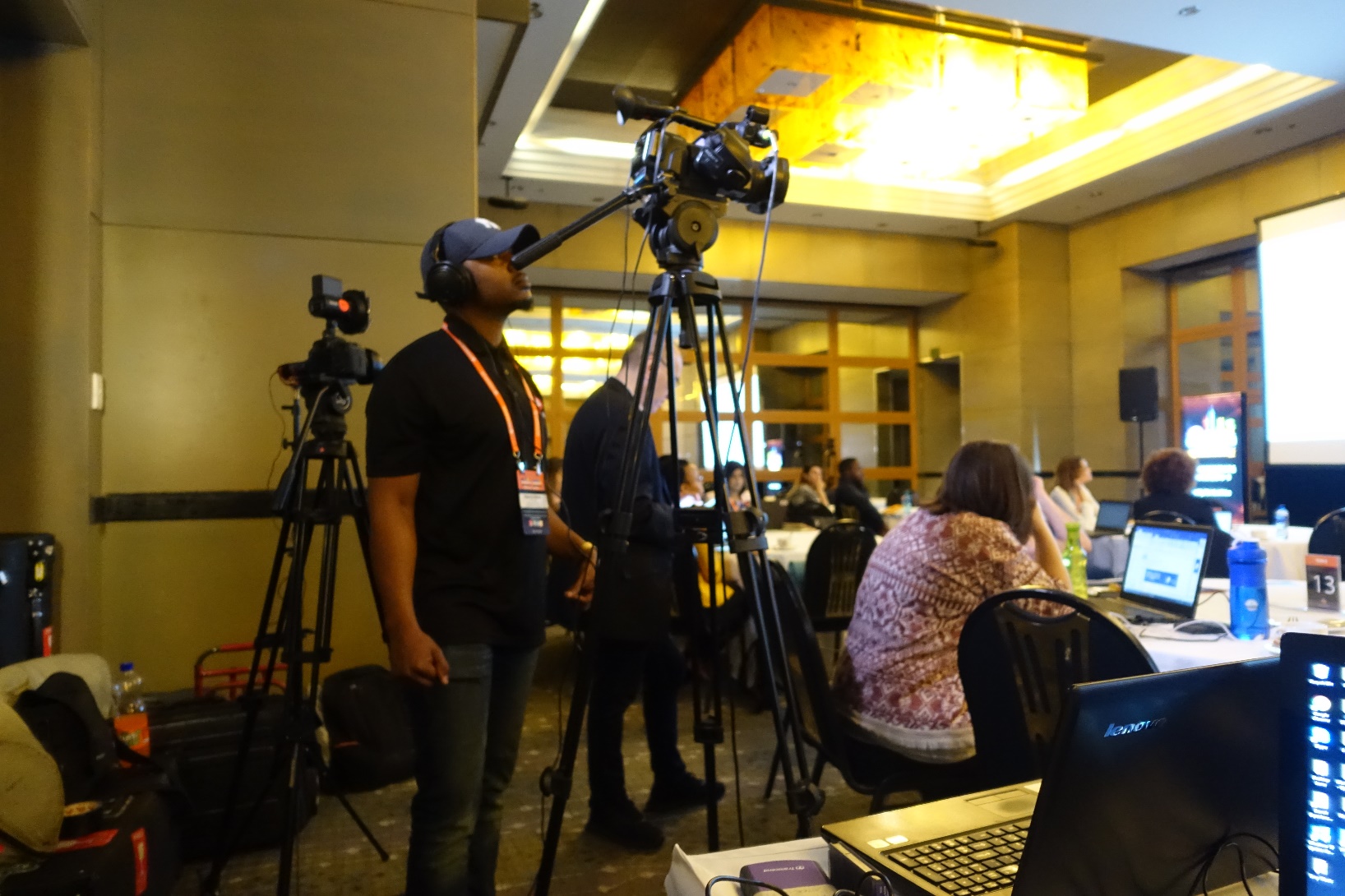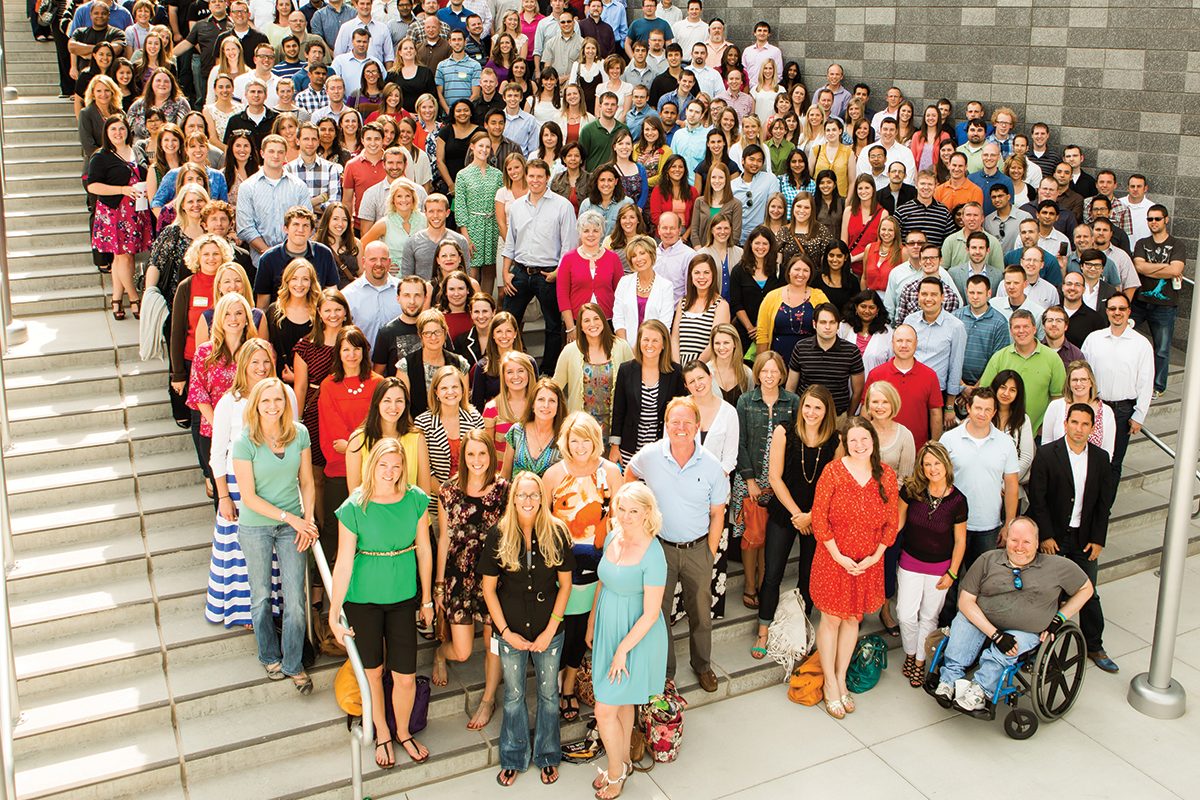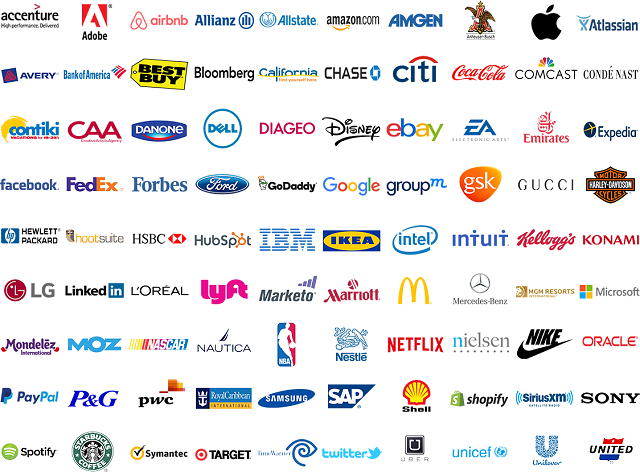The Importance of Media Literacy in 2025
By Headlines Team The ability to critically evaluate information is more essential than ever. Media literacy—the ability to analyze, evaluate, and create media content—is not just a skill but a necessity, particularly for young people navigating a digital landscape filled with misinformation, misleading narratives, and harmful content.
“We live in a world where social media shapes perceptions, influences decisions, and sometimes… can even blur the lines between reality and fiction,” says Hidden Strength CEO and Founder Linsey Lunny. “Information is constantly flowing, often without context or truth, and it’s crucial for young people to understand how to navigate what they see and hear online.”
The rise of social media platforms has provided unprecedented access to information, but with that access comes a flood of unverified content. False narratives spread quickly, fueled by algorithms that prioritize engagement over accuracy. Without proper media literacy skills, young users are more susceptible to misinformation, leading to potential real-world consequences that range from false health claims to harmful political rhetoric.
“Media literacy gives our younger people the skills to question what they see online, identify misinformation, and better recognize harmful and toxic content that can affect their mental health,” Lunny explains.
The impact of online misinformation extends beyond just believing falsehoods—it can shape worldviews, influence self-esteem, and even contribute to anxiety and depression. Social media often presents an idealized version of reality, distorting young people’s perceptions of success, beauty, and happiness. The ability to critically assess media allows young users to differentiate between authentic and manipulated content, ultimately fostering healthier relationships with digital platforms.
The responsibility of teaching media literacy falls not only on schools but also on parents, caregivers, and community leaders. Just as young people are taught how to stay safe in the physical world, they must also learn how to protect themselves in the digital realm.
“As the adults present in these younger people’s lives, we would never send them out into the world without teaching them how to cross the street or protect themselves from harm,” Lunny says. “Educating them about media isn’t just helping them spot false information, it’s giving them the power to make informed choices and ensuring that they can navigate both the digital and physical worlds with confidence, resilience, and strength. Media literacy can help foster critical thinking, encourage healthy social interactions, and ultimately create a safer, more supportive online environment.”
Beyond the immediate effects of misinformation, media literacy equips young people with lifelong critical thinking skills. These skills enable them to engage in more meaningful conversations, recognize bias in news coverage, and contribute positively to their online communities. In an era where social movements, political discourse, and global events unfold in real-time on social media, being an informed digital citizen is more important than ever.
Educational initiatives promoting media literacy have begun to gain traction worldwide, with schools integrating critical thinking and digital literacy programs into their curricula. However, more work is needed to ensure that all young people, regardless of background, have access to these vital skills.
As the digital world continues to evolve, media literacy must …read more
Source:: Social Media Explorer





